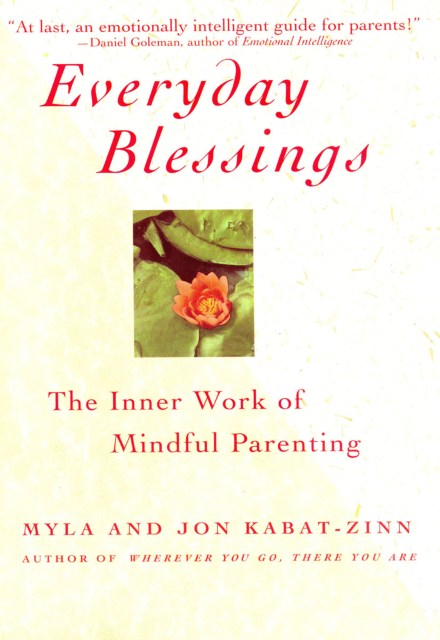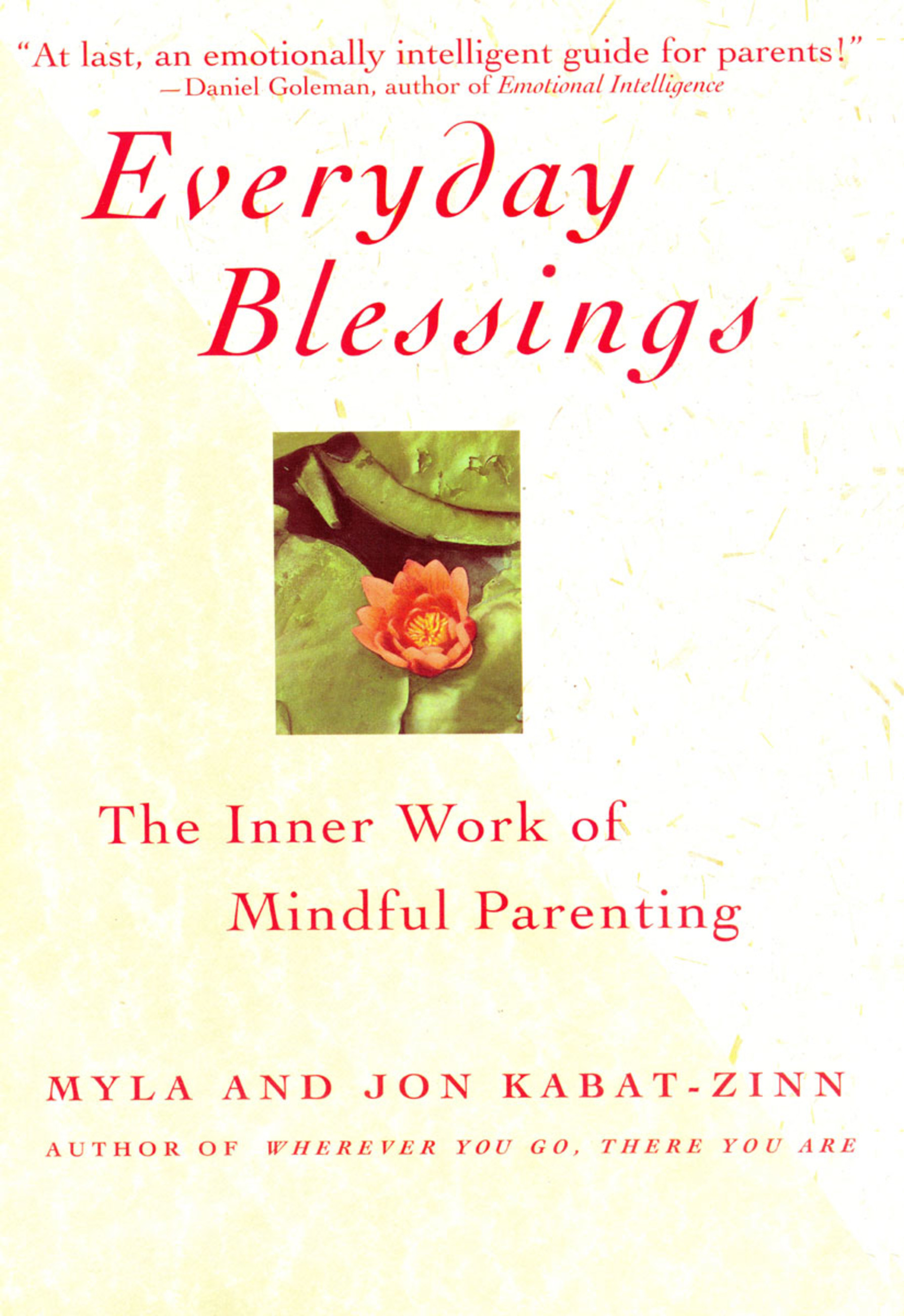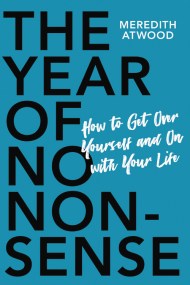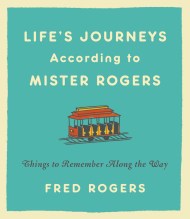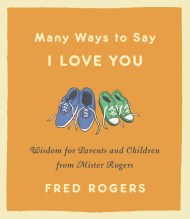Promotion
Use code MOM24 for 20% off site wide + free shipping over $45
Everyday Blessings
The Inner Work of Mindful Parenting
Contributors
Formats and Prices
Price
$11.99Price
$14.99 CADFormat
Format:
- ebook $11.99 $14.99 CAD
- Trade Paperback $18.99 $23.99 CAD
This item is a preorder. Your payment method will be charged immediately, and the product is expected to ship on or around July 1, 2009. This date is subject to change due to shipping delays beyond our control.
Also available from:
Updated with new material — including an all new introduction and expanded practices in the epilogue — Everyday Blessings remains one of the few books on parenting that embraces the emotional, intuitive, and deeply personal experience of being a parent, applying the groundbreaking “mind/body connection” expertise from global mindfulness leader, Jon Kabat-Zinn and his wife, Myla Kabat-Zinn.
Mindfulness is a way of living and there is increasing scientific evidence of its value for optimal health and well-being. A new field in psychology is devoted to mindful parenting, and mindfulness is being increasingly integrated into K-12 education. There has never been a better time for cultivating greater mindfulness in parenting and in family life.
Genre:
- On Sale
- Jul 1, 2009
- Page Count
- 416 pages
- Publisher
- Hachette Books
- ISBN-13
- 9781401394646
Newsletter Signup
By clicking ‘Sign Up,’ I acknowledge that I have read and agree to Hachette Book Group’s Privacy Policy and Terms of Use
